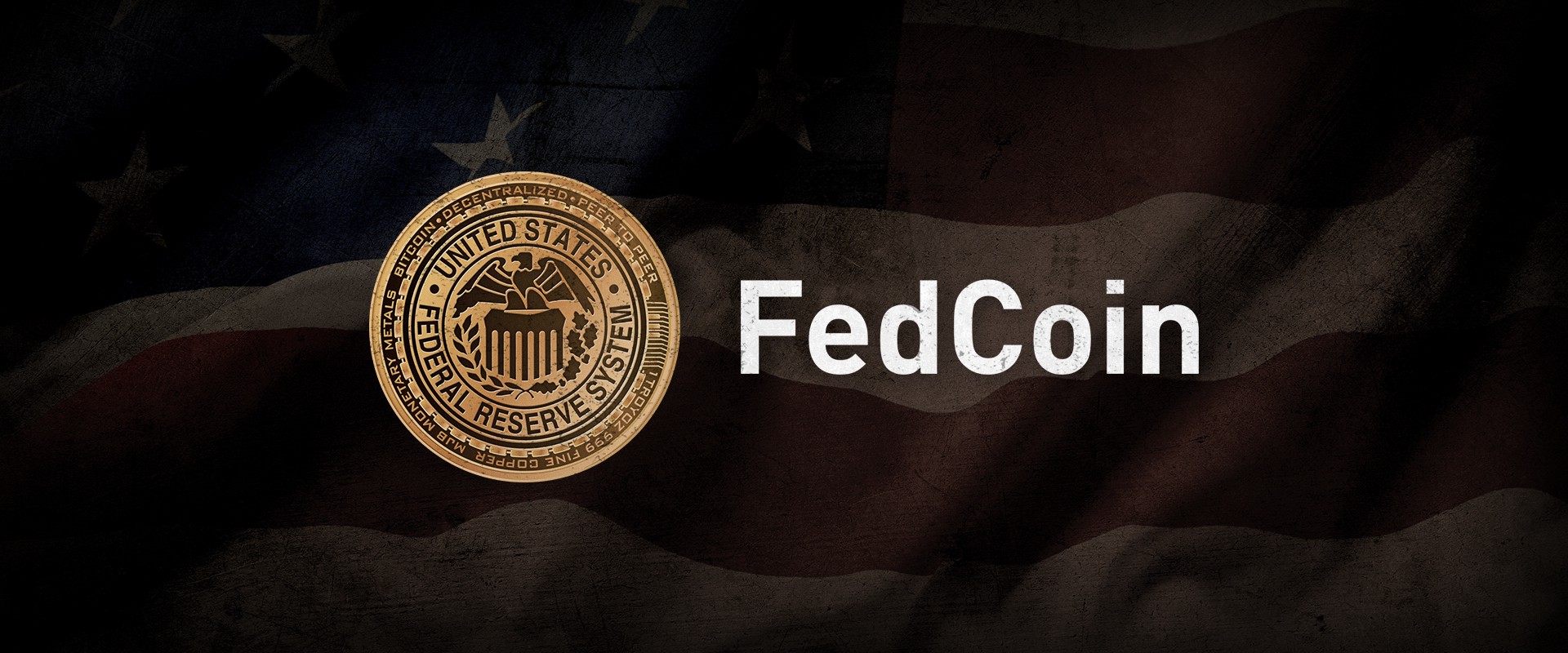PALO ALTO, Calif. (Reuters) - The Federal Reserve is looking at a broad series of concerns around digital payments and currencies, including policy, design and legal factors to consider around potentially releasing its own digital currency, Governor Lael Brainard said on Wednesday. Brainard's remarks recommend more openness to the possibility of a Fed-issued digital coin than in the past." By changing payments, digitalization has the possible to deliver higher worth and convenience at lower expense," Brainard said at a conference on payments at the Stanford Graduate School of Business.
Main banks worldwide are disputing how to handle digital finance technology and the dispersed journal systems utilized by bitcoin, which promises near-instantaneous payment at potentially low expense. The Fed is establishing its own day-and-night real-time payments and settlement service and is presently reviewing 200 remark letters sent late last year about the proposed service's style and scope, Brainard stated.
Less than 2 years ago Brainard told a conference in San Francisco that there is "no compelling showed need" for such a coin. But that was prior to the scope of Facebook's digital currency ambitions were widely known. Fed authorities, including Brainard, have raised concerns about customer defenses and information and personal privacy threats that could be presented by a currency that could come into usage by the third of the world's population that have Facebook accounts.
" We are working together with other central banks as we advance our understanding of reserve bank digital currencies," she stated. With more countries checking out releasing their own digital currencies, Brainard said, that includes to "a set of reasons to likewise be ensuring that we are that frontier of both research study and policy advancement." In the United States, Brainard stated, concerns that need study include whether a digital currency would make the payments system safer or simpler, and whether it might pose financial stability risks, consisting of the possibility of bank runs if cash can be turned "with a single swipe" into the reserve bank's digital currency.
To counter the monetary damage from America's extraordinary nationwide lockdown, the Federal Reserve has taken unprecedented actions, consisting of flooding the economy with dollars and investing directly in the economy. The majority of these relocations received grudging acceptance even from lots of Fed skeptics, as they saw this stimulus as needed and something just the Fed could do.
My new CEI report, "Government-Run Payment Systems Are Unsafe at Any Speed: The Case Against Fedcoin and FedNow," information the threats of the Fed's present plans for its FedNow real-time payment system, and propositions for central bank-issued cryptocurrency that have actually been called Fedcoin or the "digital dollar." In my report, I discuss issues about personal privacy, data Great site security, currency control, and crowding out private-sector competition and development.
Proponents of FedNow and Fedcoin state the federal government should produce a system for payments to deposit immediately, instead of encourage such systems in the private sector by raising regulative barriers. But as noted in the paper, the economic sector is supplying a relatively unlimited supply of payment technologies and digital currencies to resolve the problemto the degree it is a problemof the time gap between when a payment is sent and when it is gotten in a checking account.

And the examples of private-sector innovation in this Informative post location are numerous. The Cleaning House, a bank-held cooperative that has been routing interbank payments in various types for more than 150 years, has actually been clearing real-time payments since 2017. By the end of 2018 it was covering half of the deposit base in the U.S.